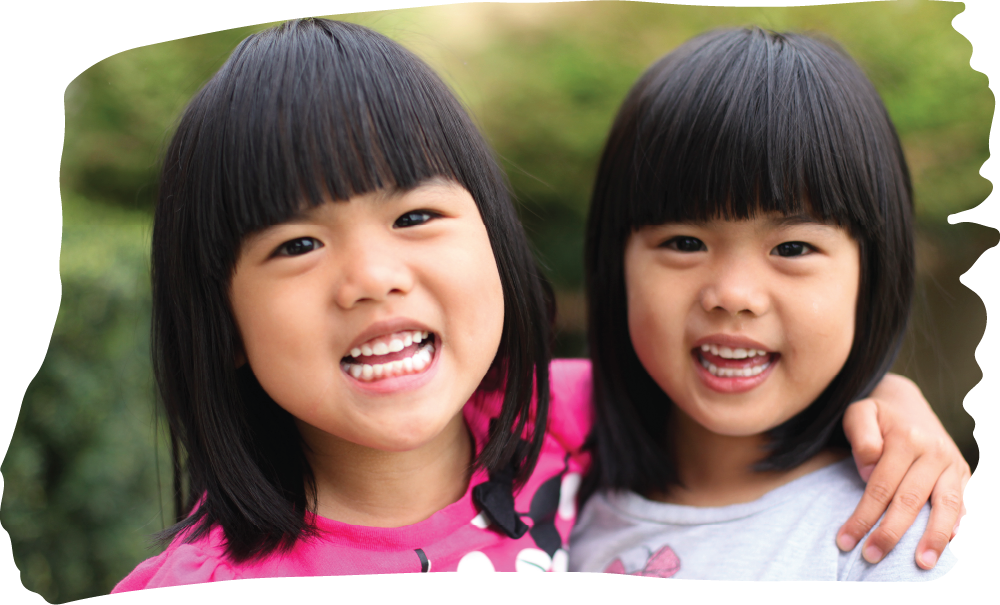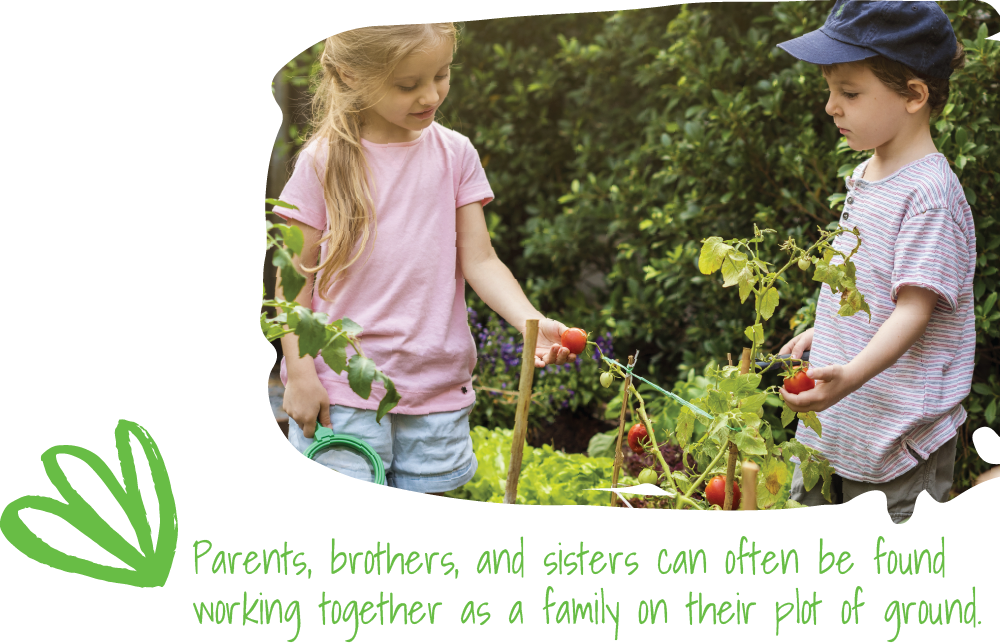

The Community Garden Program began five years ago when one of The Foundry’s Board of Directors, Charlene Walker, who was also a master gardener and a neighbor to The Foundry, suggested using part of The Foundry’s eight acres to allow families to grow their own food. Charlene had a vision for how this would benefit the families of The Foundry by creating food sustainability in an area that had no grocery stores within walking distance. This could help families out on a regular basis, and as well as during challenging economic times.
Like most people, the families of The Foundry didn’t know when this year began that a global pandemic would cause 2020 to be one of those challenging economic times. With many of our families already facing poverty and other difficulties, the current economic crisis has added another obstacle to accessing food. Being able to plant and raise their own food has helped ease that burden for our families participating in the Community Garden Program.
Charlene’s vision would turn into a reality and eventually involve even more people in the community. Last year the garden program was organized by WKU intern Dixie Major, who had a double major in Horticulture and Spanish, which was very beneficial for the Spanish speaking families participating in the program. The Boy Scouts also came to the Foundry and voluntarily built a garden shed for the program to use.
Danny Carothers is now in the role of Director of Community Programming, and so many exciting things have already happened this year. A generous donor gave The Foundry a beautiful, shiny red tiller, and Abraham Williams from the Housing Authority sent over a tractor to prepare the ground. A community member volunteered to raise vegetables on a plot and then donate them to the Mobile Grocery—a food truck that parks in the neighborhood to allow families to buy groceries, since no grocery stores are nearby.

The gardening program is expanding significantly. While last year The Foundry had eighteen participants, this year that number has grown to twenty-nine. Gardeners are also being added from Lee Point, a housing development for refugees in Bowling Green.
The response to the gardening program these past five years has been outstanding. Colorful tomatoes, beans, corn, and other nutrient-rich vegetables have been filling up the dinner tables. Parents, brothers, and sisters can often be found working together as a family on their plot of ground.
The participants have expressed appreciation to The Foundry for this opportunity to increase the food they’re bringing into their homes and have conveyed how much joy that brings them. Yet as staff at The Foundry see our sweet families’ hard work being rewarded by beautiful vegetables popping up out of the ground, we are grateful to share in that joy, as well.
The Foundry, Summer Newsletter 2020
